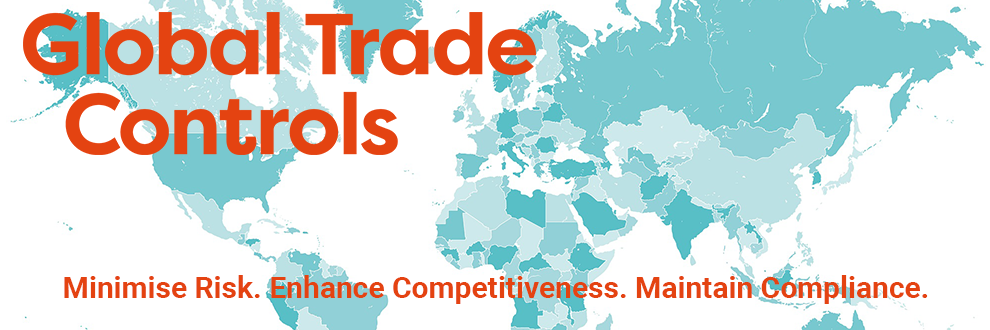Major player India joins the Wassenaar Arrangement


Global norms and treaty regimes play a crucial role in providing strong layer of defense against proliferation of nuclear, biological, and chemical weapons. An effective defence export control system can be maintained by becoming party to non-proliferation treaties and agreements, as well as unilateral adherence to nonproliferation export control regimes or informal coordination with the export control regimes. The difference between multilateral treaties and export control regimes being multilateral treaties are open to all countries to join but export control regimes tend to determine membership based on certain criteria. Although, all countries may not be actual members of an export control regime, their adherence to standards of various regimes is an important step in process of putting in place an effective export control system and assuring the trading partners that a country’s regulations are in line with global commitments.
The members of Multilateral Non-proliferation Export Control Regimes participate in decision making and are expected to play their role in implementing international standards for responsible non-proliferation behavior. As part of its effort to gain membership to the Multilateral Export Control Regimes, the Indian Government has taken marked steps to align its trade control system with guidelines and practices thereof, including amending relevant laws, updating national control list and modifying licensing procedures.
India’s national dual-use export control list is known as the Special Chemicals, Organisms, Materials, Equipment, and Technologies list i.e. the SCOMET list, export of which is prohibited or permitted under a license. The Directorate General of Foreign Trade of India has amended the SCOMET list from time to time in order to implement India’s international commitments and obligations in the field of nonproliferation while simultaneously ensuring that trade facilitation is accorded highest priority.
In 2016, India applied for membership of the Nuclear Suppliers Group (NSG), which is still pending, and gained entry to the Missile Technology Control Regime (MTCR).
India also updated its SCOMET list as part of its continuing obligations as a member of the MTCR and as an adherent to the NSG Guidelines. Further, significant changes to SCOMET list have been carried out to harmonize the same with guidelines and control lists of the Wassenaar Arrangement and the Australia Group. Further, India also operationalized its catch all controls to capture non-listed dual-use and military items having potential risk of diversion to Weapons of Mass Destruction or missile system or military end use.
The Wassenaar Arrangement promotes transparency and greater responsibility in transfer of conventional arms and dual use goods and technologies where participating States agree to:
- maintain national export controls on items included in the Wassenaar Arrangement Control list, implemented through national legislation
- report on arms transfer and transfers/ denials of specified dual use goods and technologies to destinations outside the Wassenaar Arrangement, and
- exchange information on sensitive dual-use goods and technologies.
In a major boost to measures in regulating dual use goods and technologies India has been admitted to the Wassenaar Arrangement as 42nd member at its Plenary meeting held in Vienna on December 6-7, 2017. Admission to the Wassenaar Arrangement will build up strong case of India’s entry to the NSG despite India not being a signatory to the Non-Proliferation Treaty. Though in 2008 NSG removed ban on India nuclear trade with its members. India’s admission to the Wassenaar Arrangement membership is going to pave way for India’s entry to the NSG.
India is a major player not only in defense procurement but also a hub for development of dual use technologies. Further, opening of defense sector in India has opened a big market for global suppliers. Hence, India’s commitment to global efforts in this regard is very encouraging. Continued efforts by India in complying with various international treaties, conventions and export control regimes for nuclear, chemical and biological weapons will go a long way in implementation and enforcement thereof and make world a safe place to live.
Join the conversation on trade and export controls at next year's Global Trade Controls!
